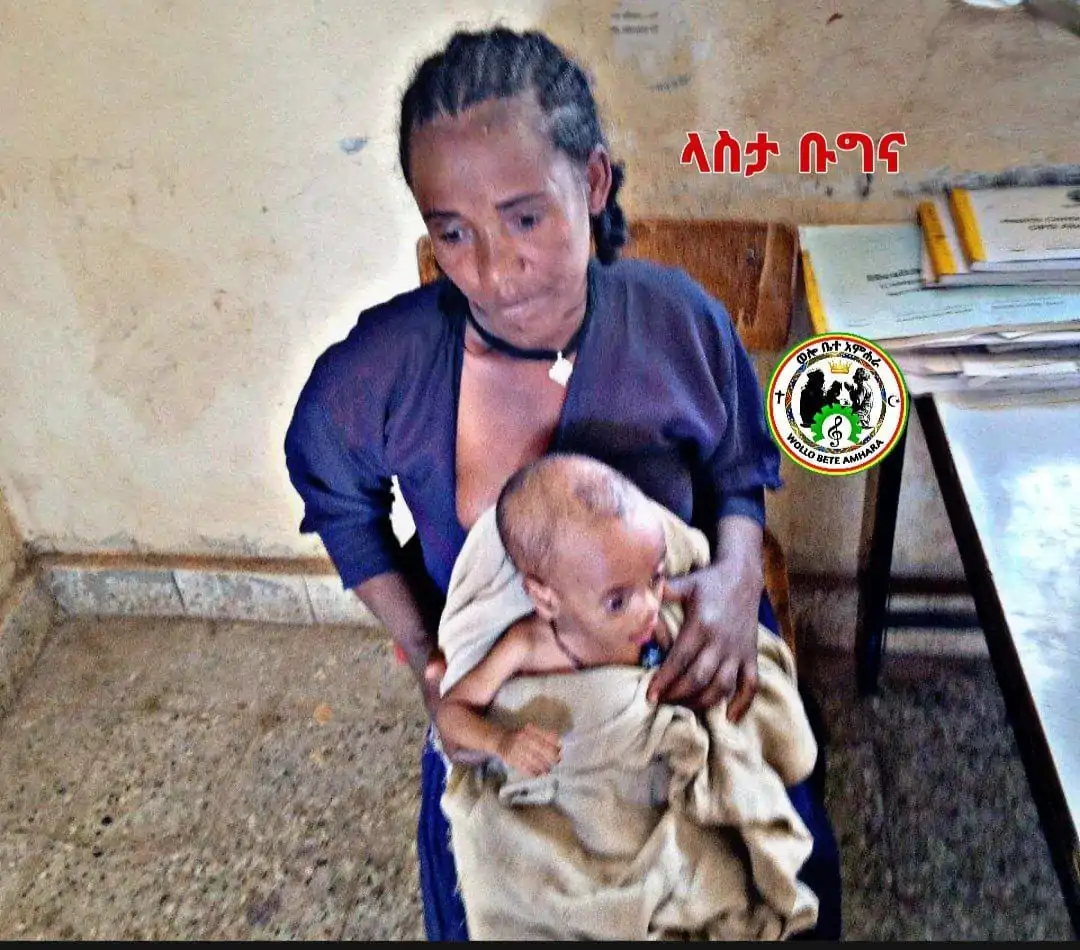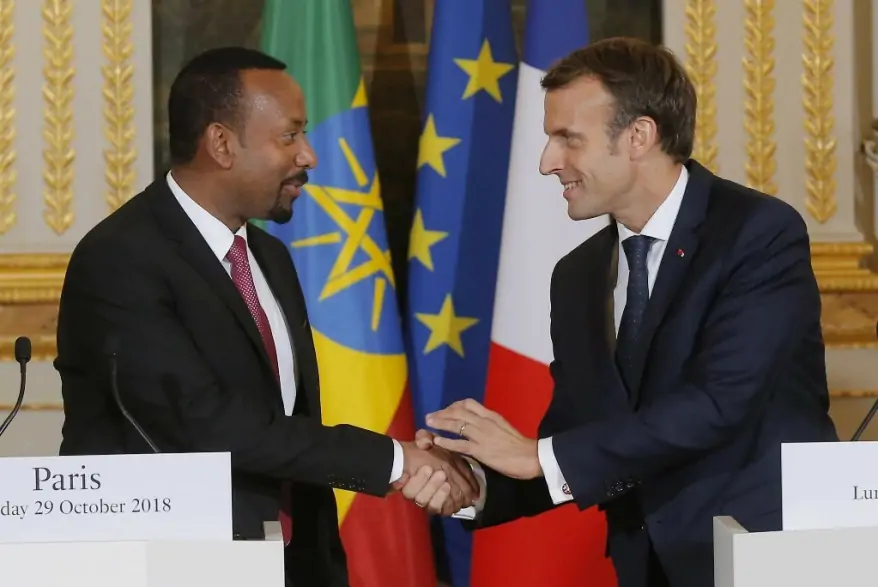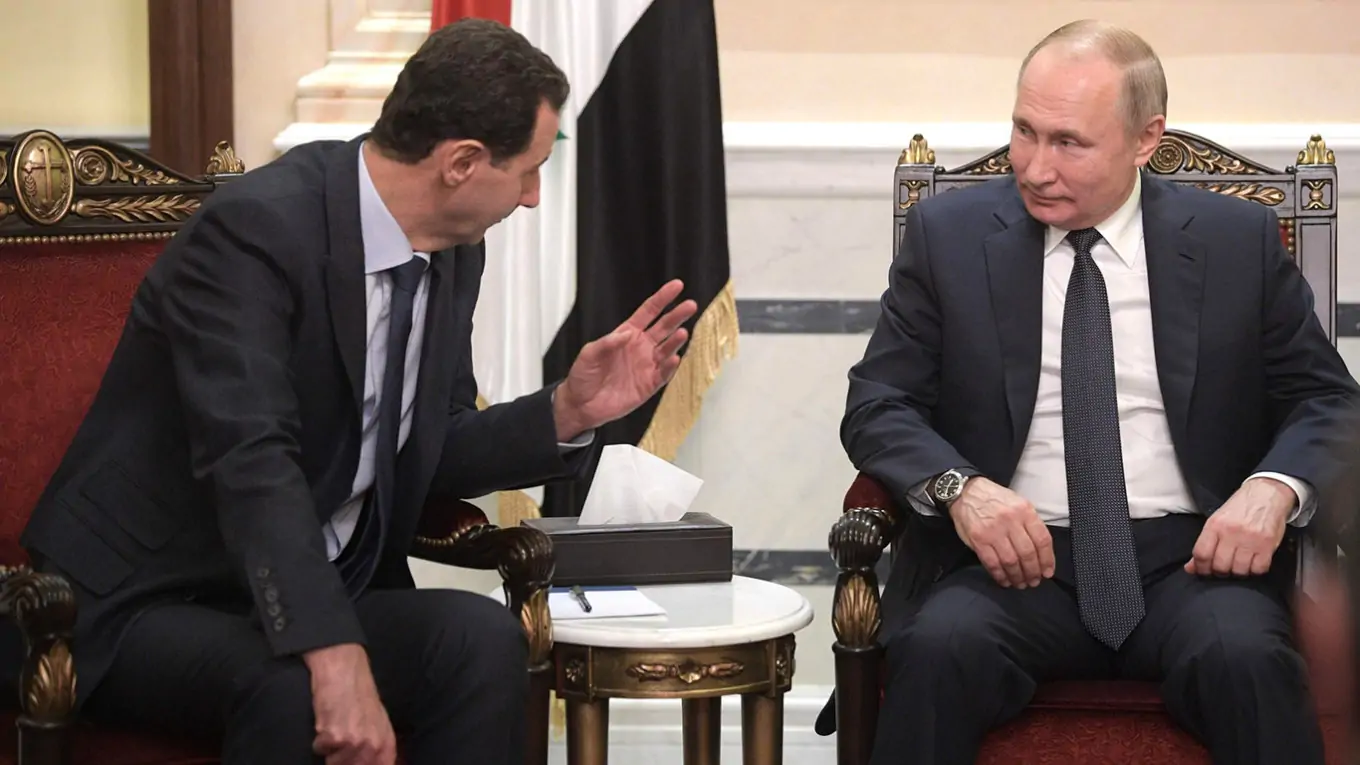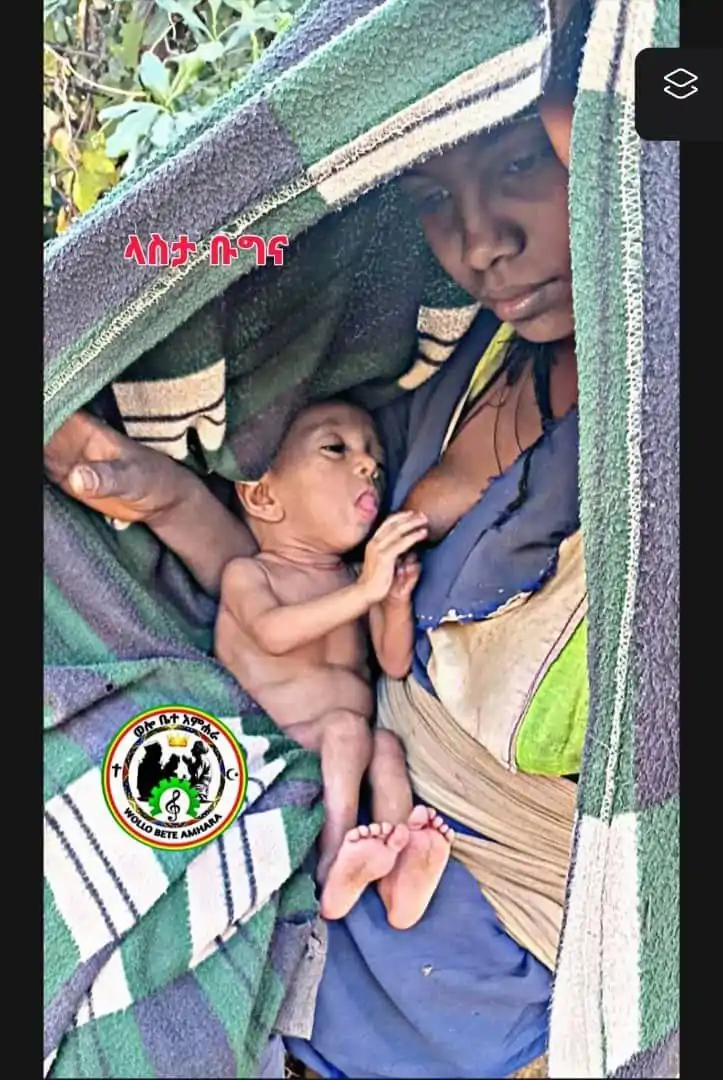By Jim Fisher-Thompson | American.gov
Key U.S. lawmakers, both Democratic and Republican, have expressed concern for political conditions in Ethiopia, citing authoritarian tendencies by its government as well as human rights abuses such as the continued detention of a prominent opposition leader.
Leading off a March 24 hearing on U.S. policy toward Africa, Representative Donald Payne (Democrat, New Jersey), chairman of the House Foreign Affairs Subcommittee on Africa and Global Health, said of the ruling party, “I am deeply concerned and troubled about the deteriorating [political] conditions in Ethiopia. The EPRDF [Ethiopian People’s Revolutionary Democratic Front] is becoming increasingly totalitarian.”
The chairman said he was particularly bothered by the Ethiopian government’s recent jamming of Voice of America (VOA) broadcasts after the government unjustly compared the official U.S. broadcasting agency to the Rwandan hate radio station Milles Collines. Payne said the Rwandan station was “used by those who committed the Rwandan genocide” in 1994.
The panel’s highest-ranking Republican, Representative Chris Smith (New Jersey), added, “Unfortunately, Prime Minister Meles [Zenawi] shows deteriorating signs of human rights practices.”
Payne expressed special concern for Birtukan Mideksa, a former Ethiopian judge and opposition leader convicted in 2005 of attempting to overthrow the constitutional order and sentenced to life in prison. She was pardoned in 2007, but rearrested and her sentence reinstated in December 2008.
According to the recently released State Department 2009 Country Reports on Human Rights Practices, Birtukan, who led the opposition UDJ (Unity for Democracy and Justice) party, was “held in solitary confinement until June, despite a court ruling that indicated it was a violation of her constitutional rights. She was also denied access to visitors except for a few close family members, despite a court order granting visitor access without restrictions.”
The report added, “There were credible reports that Birtukan’s mental health deteriorated significantly during the year.” While critical of the Ethiopian government’s treatment of dissidents and the conditions of their imprisonment, the State Department report acknowledged that “the government continued efforts to train police and army recruits in human rights.”
Asked to comment by Payne, Assistant Secretary of State for African Affairs Johnnie Carson said: “Ethiopia’s human rights record could be far better than it is right now. There are a number of allegations made that have been documented in the State Department’s Human Rights Report that indicate shortcomings in the government’s treatment of individuals that come under arrest. We encourage the government to treat everyone in a humane fashion.”
On Birtukan, Carson told the panel, “We have asked the Ethiopian authorities why she was rearrested after having been paroled and whether, in fact, we can expect her release anytime soon.”
During an official visit to Ethiopia three weeks ago, Carson said, he met with Prime Minister Meles and raised the case of Birtukan as well as a number of other individuals who are being held by the Ethiopian authorities. “I encouraged the government to act in a responsible fashion in dealing with these cases and noted very clearly that the continued imprisonment of people like Ms. Birtukan undermined the credibility and image of the Ethiopian government.”
Carson said he also spent more than an hour going over a range of issues related to democracy and good governance and “the need to have free and fair elections” during his discussion with the prime minister.
“We are watching with great interest … and encouraging the government of Ethiopia, as well as the opposition parties, to act responsibly during the election campaign and during the [May] election itself,” Carson said. “We think it is incumbent on the [Ethiopian] government to do everything it possibly can to ensure that the playing field is level in the run-up to the election, that there are opportunities for the opposition parties to participate prior to the elections in their campaigns and that they be allowed to vote freely and fairly on election day.
“We do not want to see a repetition of the violence that followed the flawed election of 2005,” Carson told the lawmakers.
Earl Gast, U.S. Agency for International Development (USAID) senior deputy assistant administrator for Africa, also cited the importance of elections to the democratic process in Africa, telling the House panel, “We believe that leaders who manipulate elections are living on borrowed time.”
“As African societies and political systems continue to develop, the expectations of people toward their governments will continue to rise,” he said. Political processes that don’t meet these expectations can trigger instability and even violent conflict, which can set a country’s development progress back a generation.”
And with more than 20 elections scheduled for Africa in 2010, the official said USAID in 2008-2009 devoted about $89 million for political competition and consensus building in Africa — a third of the development agency’s budget for democracy and governance on the continent. “Our goal is to support the creation of fair and credible election systems, not to determine electoral winners,” he said.















